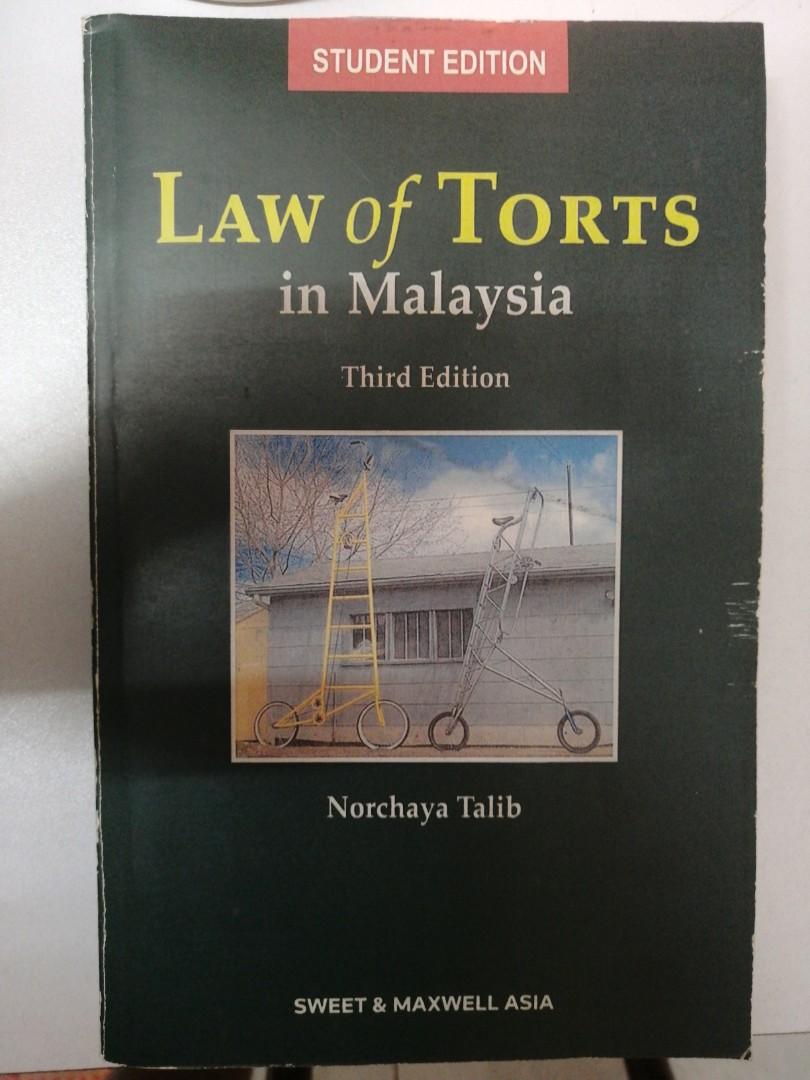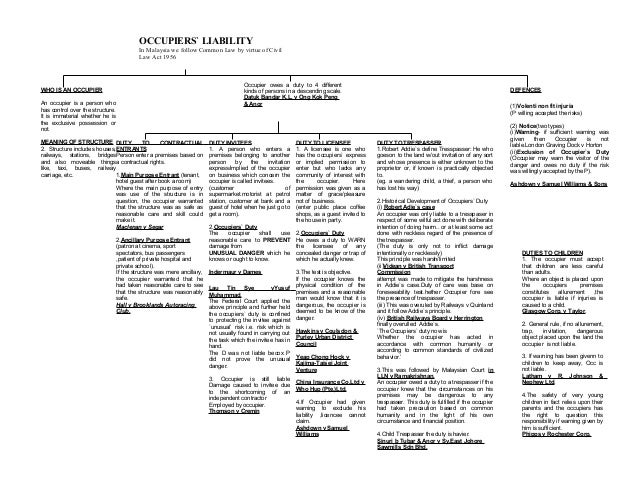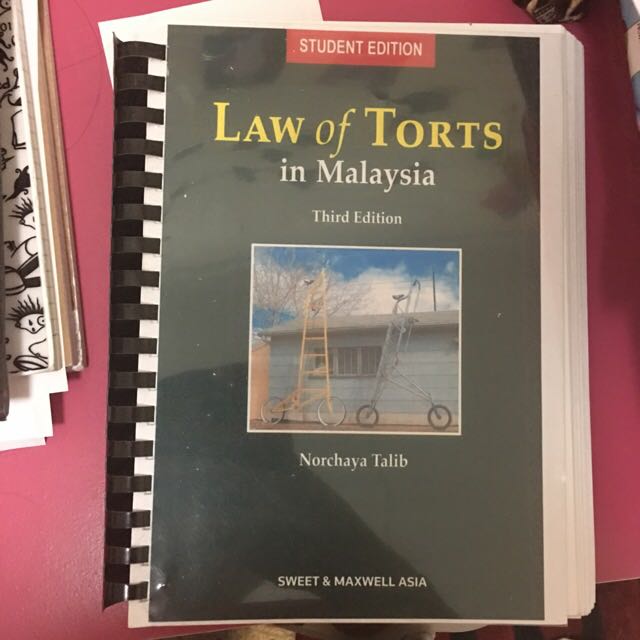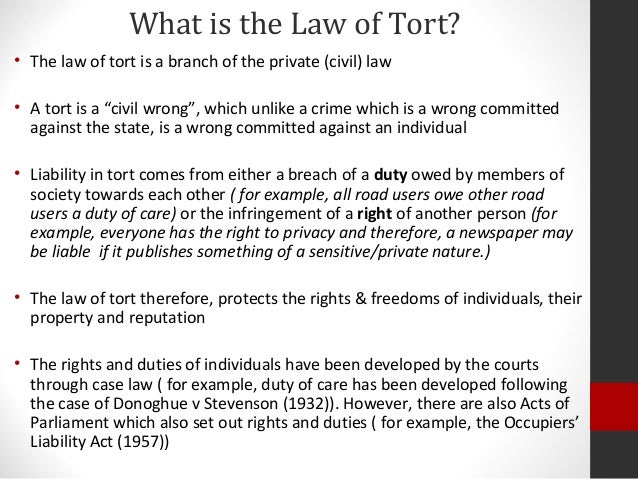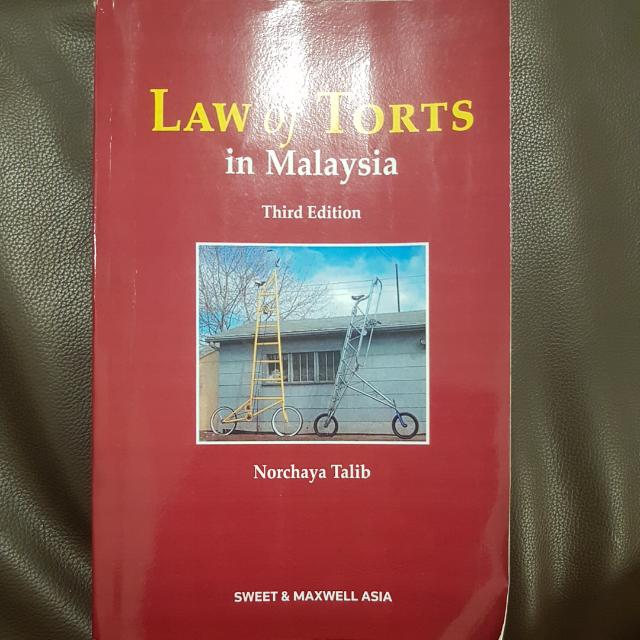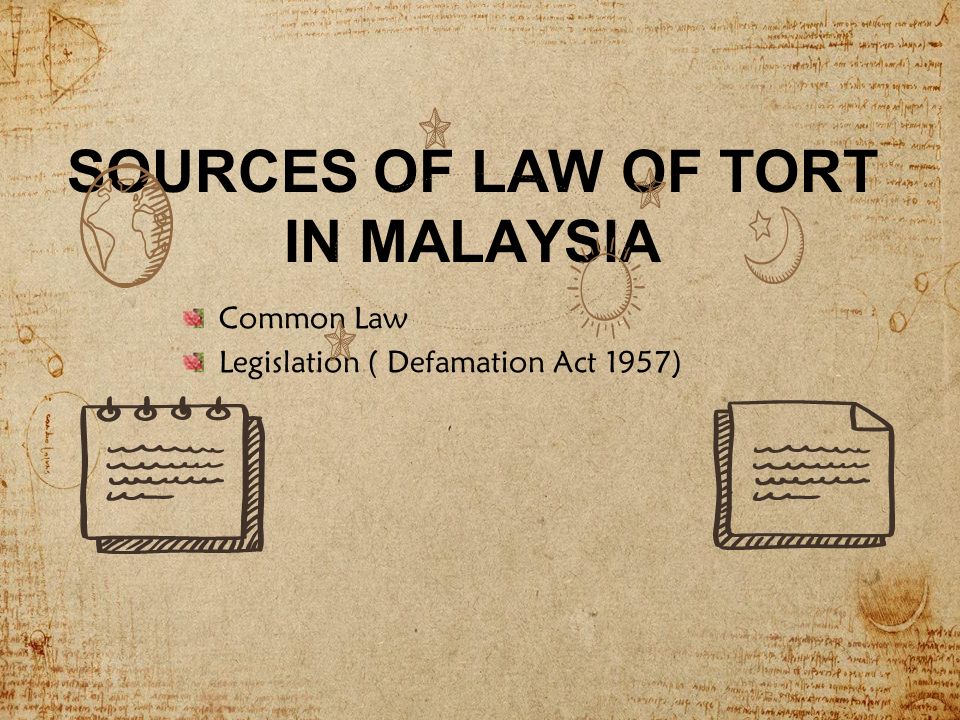Law Of Tort In Malaysia

18 19 100 6 duty of care summaries based on lecture s course outline and norcahaya law of tort textbook.
Law of tort in malaysia. Strict liability summary law of torts in malaysia. Tort law as a civil law aims to punish a tortfeasor for his or her wrongful act. The book places great emphasis on the law of torts as developed in malaysia and also includes cases decided in commonwealth countries. Tort liability is intended to compensate a victim claimant by forcing the wrongdoer to pay for any damage done although in some torts damage is not necessary for example a trespass to land.
In malaysia courts are putting effort on to develop our own tort law. Despite the significant development of tort law it reveals the difficulties of tort law in order to. English law is part of malaysian law. This new edition of the highly popular law of torts in malaysia brings the text up to date with developments since its previous edition in 2003.
A the application of english law in our legal system. It goes through the nature and function of tort law the rules and principles that govern it and the remedies available. The definition of law in article 160 of the federal constitution includes the common law in so far as it is in operation in the federation or any part thereof. 18 19 93 14 a complete list of cases required in the examinations for tort i.
Torts have been defined as an injury other than breach of contract which the law will redress with damages a body of law which has been developed by the common law. One can clearly identify this situation where in the pass few years not all the changes in england have been reflected in malaysia. Conclusion tort law changes very fast. Tidak seperti kebanyakkan undang undang lain di malaysia yang menggunakan peruntukan statut sebagai sumber utama prinsip undang undang tort boleh dilihat pada common law inggeris dan keputusan keputusan mahkamah atau judicial precedent.
Although this is the main function of criminal law it may also play a small part in the tort law. This is because of there is a certain symbolic moral value in requiring the wrongdoer to pay the victim.








